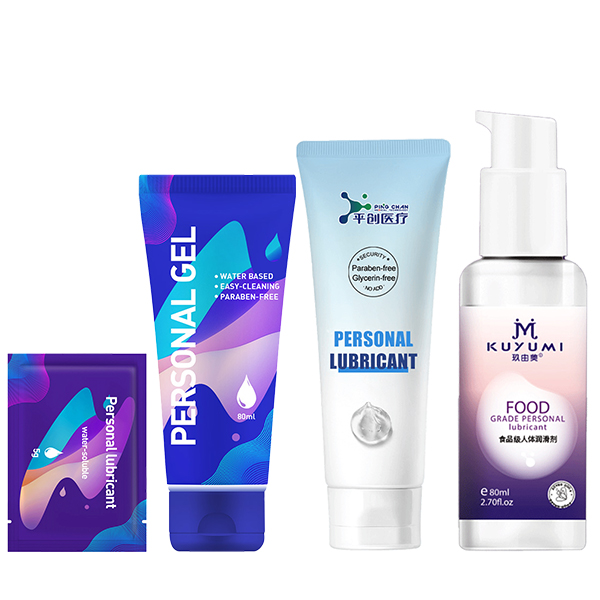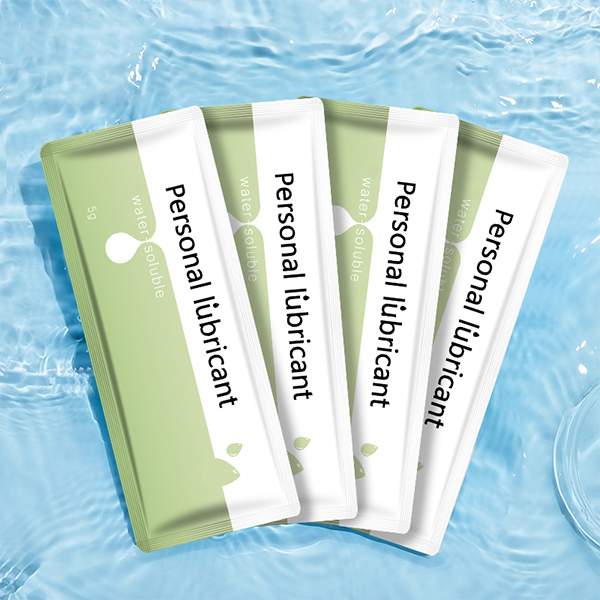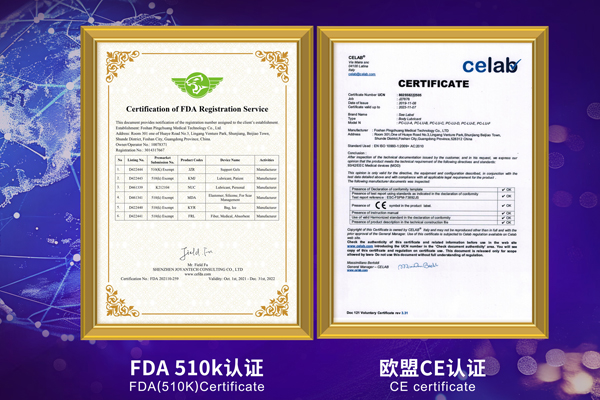For brands wishing to sell personal lubricant products overseas, a foreign trade custom order is far more complex than domestic sales, involving differences in regulations, certification requirements, cultural customs, transportation, and logistics. Mishandling any part can lead to increased costs, delivery delays, or even market access failure.

Choosing to cooperate with a contract manufacturer with rich export experience, for example, one whose products have been successfully sold to 76 countries and regions, can effectively help brand owners avoid many risks.
What are the common "pitfalls" to avoid in foreign trade custom orders?
Regulatory and Certification Barriers: Different countries and regions have different requirements for personal lubricant ingredients, labeling, safety standards, and market access certifications (such as EU CE, US FDA, etc.). Inexperienced factories may have insufficient understanding, leading to products not complying with target market regulations. Factories with experience exporting to 76 countries are usually well-versed in the regulations of major markets and can guide brand owners in compliant production.
Formula and Ingredient Taboos: Some ingredients permitted in one country may be banned or restricted in another. Not understanding these differences can lead to products failing customs clearance. Experienced factories will review formulas in advance to ensure they meet export country requirements.
Packaging and Labeling Standards: Countries have specific regulations for product packaging language, warning signs, ingredient lists, production date labeling, etc. Non-compliant labeling is a common reason for product return.

Cultural and Market Preference Differences: Consumers from different cultural backgrounds have different preferences for product fragrance, skin feel, packaging design style, etc. Factories with a global perspective can provide more tailored customization suggestions for the target market.
Transportation and Logistics Risks: International transportation cycles are long, involve many stages, and are susceptible to factors like climate and port efficiency. Choosing appropriate transportation methods, purchasing insurance, and ensuring packaging is sturdy enough for long-distance transit are all very important.
Trade Terms and Payment Risks: Unfamiliarity with international trade terms (like FOB, CIF, etc.) or choosing unsafe payment methods can lead to financial losses or disputes.
A factory with extensive export experience, like Pingchuang Medical, not only means its product quality is recognized by the international market but also represents its proficiency in handling the complex issues mentioned above.

Pingchuang Medical's products are exported to 76 countries across Europe, North America, Southeast Asia, etc., and it possesses complete global market access qualifications (FDA 510K, CE, etc.). Pingchuang Medical can provide comprehensive support for your foreign trade custom orders, from regulatory consulting, formula adjustments, multilingual label design to logistics coordination, helping cooperative brand owners easily avoid foreign trade "pitfalls" and successfully expand into international markets.